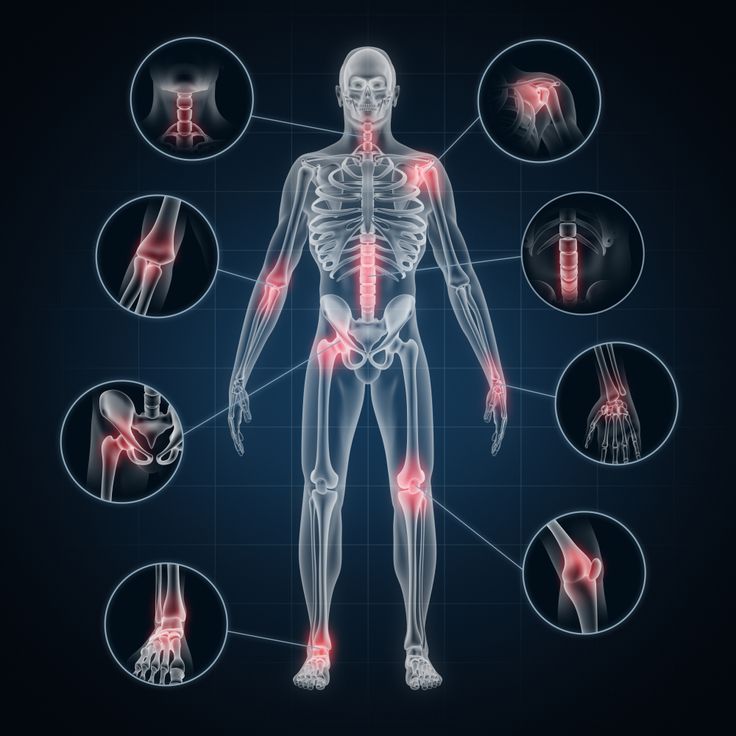
A Guide to Understanding Different Types of Muscle Discomfort
Understanding Different Kinds of Muscle Discomfort
Muscle discomfort can manifest in various forms, ranging from mild soreness to debilitating pain. Understanding the different types of muscle discomfort, their causes, and appropriate treatments is essential for effectively managing these issues.
1. Muscle Soreness:
Causes:
- Overexertion: Pushing your muscles beyond their usual limit, especially during exercise, can lead to soreness.
- Delayed Onset Muscle Soreness (DOMS): This occurs 24-48 hours after strenuous exercise due to microscopic damage to muscle fibers.
- Poor Posture: Sitting or standing in the same position for prolonged periods can strain muscles and cause soreness.
- Dehydration: Inadequate fluid intake can lead to muscle cramping and soreness.
- Nutrient Deficiency: Lack of essential nutrients like potassium and magnesium can contribute to muscle soreness.
Prosoma 350 mg is a medicine that is most often prescribed to alleviate the pain and spasms caused by injuries and disorders affecting the muscles and tendons. It helps relax muscles because to its main ingredient carisoprodol, which acts by influencing nerve transmission in the central nervous system.
Treatment:
- Rest: Allow your muscles to recover by taking a break from intense physical activity.
- Stretching: Gentle stretching can alleviate muscle soreness and improve flexibility.
- Hydration: Drink plenty of water to prevent dehydration and muscle cramps.
- Massage: Massaging sore muscles can increase blood flow and promote healing.
- NSAIDs: Over-the-counter nonsteroidal anti-inflammatory drugs (NSAIDs) like ibuprofen can reduce pain and inflammation.
2. Muscle Cramps:
Causes:
- Dehydration: Loss of electrolytes through sweating can lead to muscle cramps, especially during exercise.
- Overuse: Repeating the same motion excessively can strain muscles and trigger cramps.
- Mineral Deficiency: Low levels of minerals like potassium, calcium, and magnesium can cause muscle cramps.
- Poor Circulation: Reduced blood flow to muscles, often due to sitting or standing for long periods, can lead to cramps.
- Nerve Compression: Pressure on nerves from conditions like spinal stenosis can cause muscle cramps.
Treatment:
- Hydration: Drink electrolyte-rich fluids like sports drinks to replenish lost minerals.
- Stretching: Gently stretch the affected muscle to relieve cramping.
- Massage: Apply gentle pressure to the cramped muscle to relax it.
- Heat or Cold Therapy: Applying heat or cold packs to the cramping muscle can provide relief.
- Medications: In severe cases, muscle relaxants or prescription medications may be necessary.
3. Muscle Strain:
Causes:
- Overexertion: Lifting heavy objects or performing repetitive motions can strain muscles.
- Poor Warm-up: Inadequate warm-up before exercise can increase the risk of muscle strain.
- Fatigue: Muscles are more prone to strain when tired or weak.
- Sudden Movement: Rapid, forceful movements can strain muscles, especially if they’re not properly conditioned.
- Muscle Imbalance: Weakness or tightness in certain muscles can lead to strain during physical activity.
Pain o soma 500mg It seems to be an attractive option for relieving nerve-related discomfort. Nevertheless, there are significant concerns over the medication’s efficacy and safety. muscular relaxants, such as Pain O Soma and others, have long been prescribed to patients suffering from aches and pains caused by things like muscular strains and spasms.
Treatment:
- Rest: Avoid activities that aggravate the strained muscle to allow it to heal.
- Ice: Apply ice packs to the affected area to reduce pain and inflammation.
- Compression: Use compression bandages to support the strained muscle and reduce swelling.
- Elevation: Elevate the injured limb to reduce swelling and promote healing.
- Physical Therapy: Gentle exercises and stretches prescribed by a physical therapist can help rehabilitate the strained muscle.
4. Muscle Spasms:
Causes:
- Dehydration: Electrolyte imbalances due to dehydration can trigger muscle spasms.
- Overuse: Excessive use of muscles, especially without proper rest, can lead to spasms.
- Nerve Irritation: Compression or irritation of nerves can cause involuntary muscle contractions.
- Muscle Fatigue: Exhausted muscles are more susceptible to spasms.
- Poor Posture: Sitting or standing in an awkward position can strain muscles and induce spasms.
Treatment:
- Hydration: Drink plenty of fluids to maintain electrolyte balance and prevent spasms.
- Stretching: Perform gentle stretches to relax tight muscles and prevent further spasms.
- Massage: Massaging the affected muscle can help relieve spasms and promote relaxation.
- Heat Therapy: Apply heat packs or take a warm bath to relax spasming muscles.
- Medications: Muscle relaxants prescribed by a healthcare professional can help alleviate severe spasms.
Tapaday 200 mg A tablet is an opioid medication that people take to alleviate acute pain that is moderate to severe. Taken as directed, it provides relief from a wide range of symptoms, including but not limited to: fever, headaches, period pain, toothache, and colds. Just as other painkillers start to wear off, it starts working again.
5. Muscle Tension:
Causes:
- Stress: Emotional stress can manifest as muscle tension, especially in the neck, shoulders, and back.
- Poor Ergonomics: Incorrect posture or workstation setup can contribute to muscle tension.
- Anxiety: Tense muscles are a common physical symptom of anxiety.
- Lack of Exercise: Sedentary lifestyle can lead to muscle stiffness and tension.
- Poor Sleep: Inadequate or poor-quality sleep can exacerbate muscle tension.
Treatment:
- Relaxation Techniques: Practice deep breathing, meditation, or progressive muscle relaxation to reduce muscle tension.
- Exercise: Engage in regular physical activity to loosen tight muscles and improve flexibility.
- Posture Correction: Maintain proper posture while sitting, standing, and lifting to prevent muscle tension.
- Heat Therapy: Apply warm compresses or take a warm bath to relax tense muscles.
- Professional Help: Consider seeing a physical therapist, chiropractor, or massage therapist for targeted treatment of muscle tension.
In conclusion, various factors can contribute to muscle discomfort, including soreness, cramps, strains, spasms, and tension. Understanding the underlying causes and implementing appropriate treatment strategies, such as rest, hydration, stretching, and medication, can help alleviate symptoms and promote muscle health and recovery. If symptoms persist or worsen, it’s essential to consult a healthcare professional for further evaluation and management.





Leave Your Comment